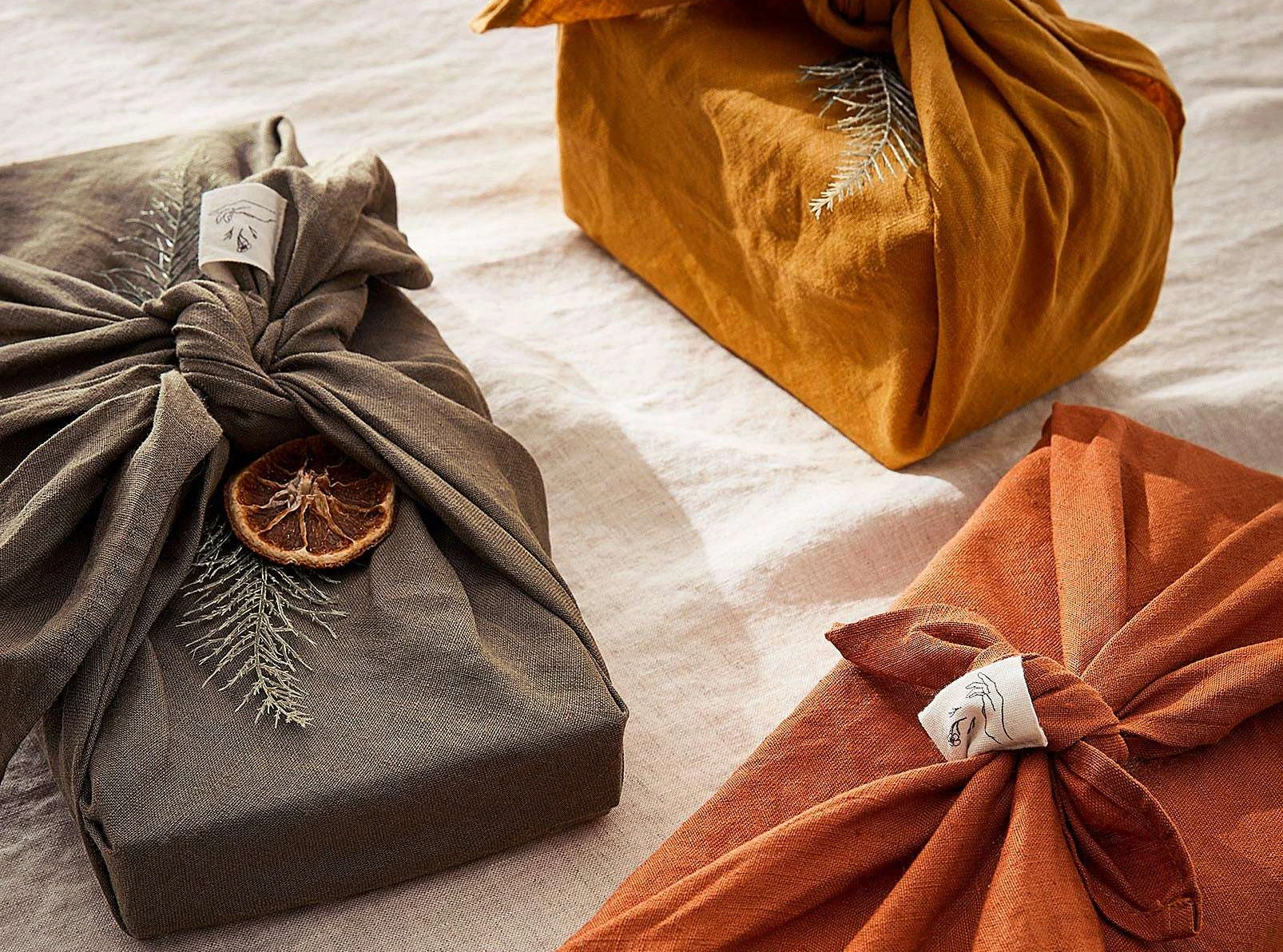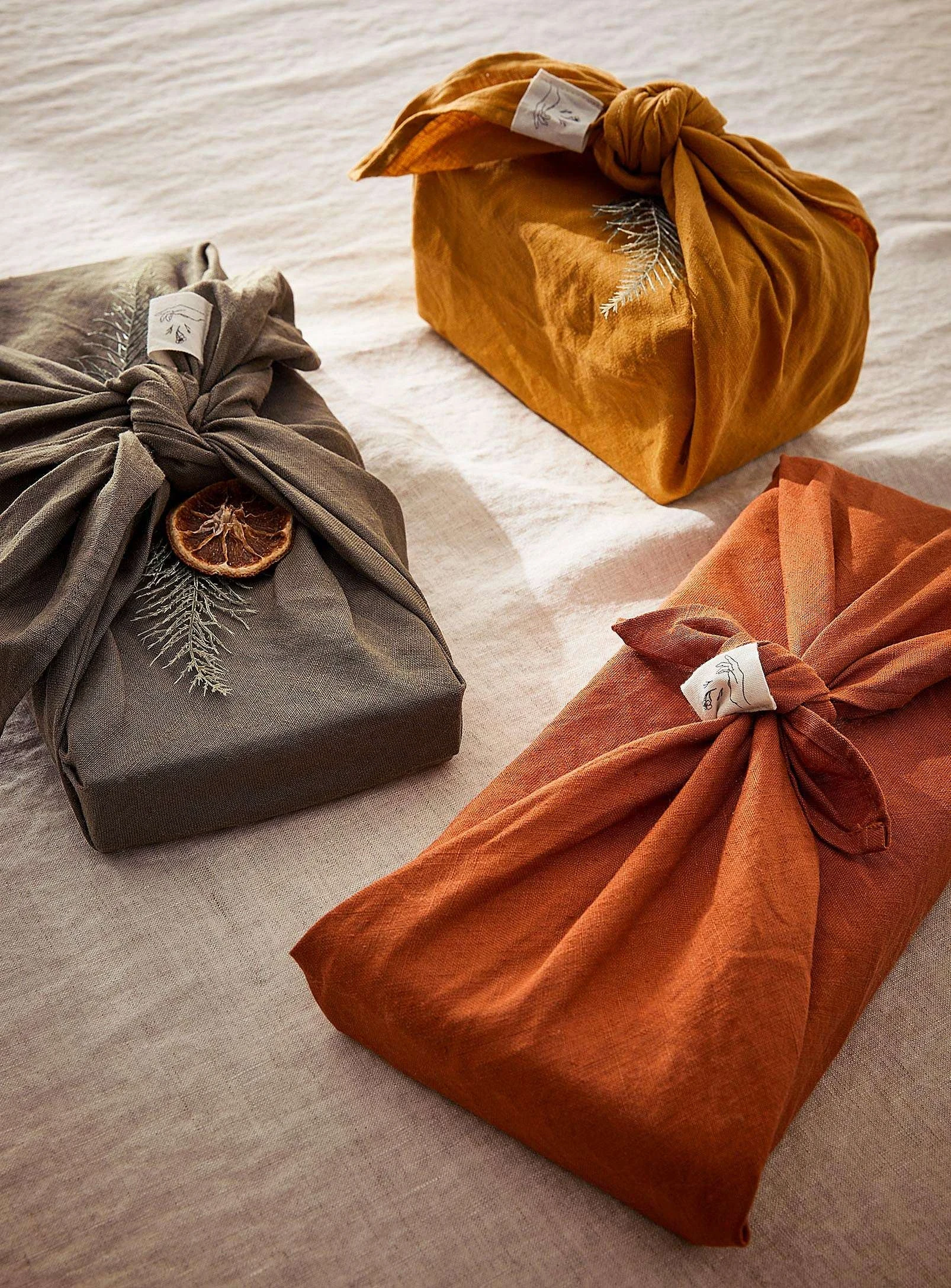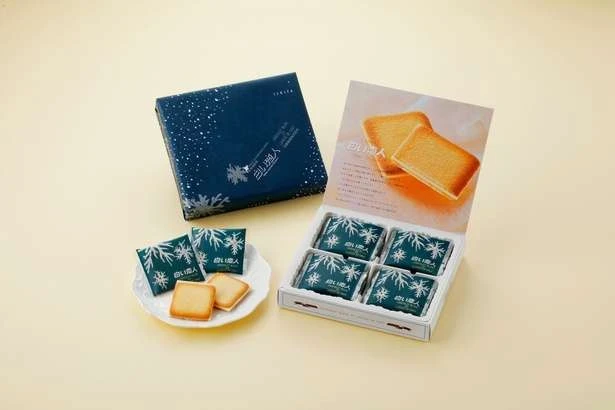
Japanese gift giving culture. Sophistication and good traditional concepts.
Gift culture - wrapped feelings.
According to the history of cultural development as well as economic purposes, the Japanese created gifts on special occasions to be able to send gifts to important people, instead of having to express too much with words. And Japanese people are also famous for being shy, timid and somewhat reserved in their living style of expressing their feelings through direct words that they choose to act on to show their concern for the other person. Perhaps that is why gift culture is extremely popular in the land of the rising sun.

Every special occasion I think of you.
That's right, Japanese people have many occasions where you can give gifts to people around you. The gifts are carefully selected and wrapped neatly and beautifully with floral paper and traditional Furoshiki towels. Not only for personal occasions such as birthdays, wedding anniversaries, love days, Tet, etc. In Japan, there are many special occasions to give gifts.
Ochugen - お中元 - Mid-year gift giving culture
Ochugen (お中元) is the Mid-July New Year holiday in Japan. On this occasion, people often give gifts to friends, relatives, and work acquaintances to express their thanks, and hope to continue receiving help in the long term future.
Typical gift: Somen noodles can be said to be the typical symbol of this occasion. The thin and long noodles mean that even though you can't meet the people who usually help you, you hope the relationship can last for a long time. Besides, in the Edo period, somen noodles were considered a high-class dish for generals or people in the royal court. Partly because the noodles are easy to preserve for a long time, they are ideal for giving as gifts, and have been passed down to this day.
In recent years, cool dishes and drinks to cool off on summer days have also been used more as gifts. For example, drinks include beer, juice, and fruit. Or about food, seasonal fruits such as watermelon, melon, mango... are very popular.
Oseibo - お歳暮 - Year-end gift giving culture
Oseibo takes place in December and is an opportunity to give back to family, friends, colleagues, suppliers and customers throughout the year. Oseibo tends to be a bit more popular than Ochugen because it takes place at the end of the year. This will be the time when people look back and reflect on the past year. To show gratitude to those who have helped them in some way, Oseibo gifts are given. This activity usually takes place from late November to around December 20. Oseibo culture is also popular among businesses. Many companies give Oseibo gifts to customers, suppliers and other key relationships to help strengthen relationships.
Typical gifts: Gifts such as ham, sausage, and bacon are popular Oseibo gifts because they are easy to preserve for a long time and can be used to make many dishes. They can also be a great winter side dish when added to stews with various vegetables.
Okaeshi - お返し - An exquisite return gift
Okaeshi is a thank you gift given in return for a gift you have received. Okaeshi gifts are usually worth about half the value of the original gift received, usually candy, soft drinks or alcoholic beverages. These gifts are often given at social gatherings.
Omiyage - お土産 - A gift that shows affection and wants to share the joy after each long trip.
"お土産 - Omiyage" is composed of two Kanji words: "土 - Earth" and "産 - San", meaning a souvenir for close people after a trip. However, the “local” element is a very important part of Omiyage that distinguishes it from “souvenir” souvenirs. Omiyage must be produced locally and does not necessarily have to be famous. Because there is another word in Japanese for famous local products: "名物 - Meibutsu".

Typical gifts: Omiyage are often local specialties such as candy, sweets, produce or other snacks. However, they can also be decorations or typical products typical of that locality.
Temiyage - 手土産 - Politeness when being a guest.
Temiyage is a gift (food or drink) given to the homeowner when visiting their home. This is also the reason why the word Temiyage has the word "手 - Te" (hand). This is also a custom in many countries both Eastern and Western. For example, when invited to a dinner party, attendees will bring Temiyage (a bottle of wine or food) to give to the host. Sometimes Temiyage is also confused with Omiyage introduced above.
This gift shows respect and hospitality to the recipient, with common temiyage gifts including flowers, decorations or food and drink.








